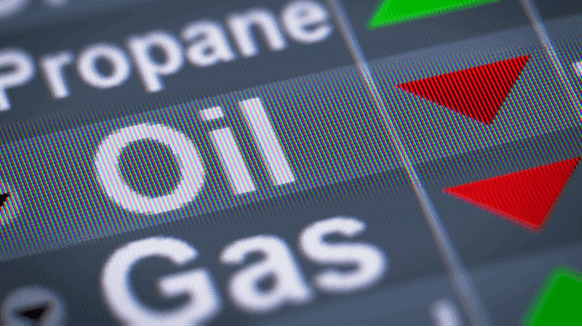The Middle East and North Africa region increased renewable energy capacity by 50 percent last year and a similar boost is likely in 2024, but still needs a 20-fold increase to replace the cheap natural gas and avoid costly economic losses in the energy transition. , according to a clean energy think tank.
The region has started 6.9 gigawatts of solar and wind projects since May 2022, and another 9 gigawatts are likely to be completed by the end of next year, according to Global Energy Monitor. However, more than 500 gigawatts of additional clean energy is needed to replace the generation from existing oil and gas plants.
“Renewable energy capacity added in the past year is relatively unambitious compared to peers in the region,” the think tank said in a report. South America, a region with a similar population size and gross domestic product, has brought at least four times as much capacity online over the same period.
According to the report, the MENA region is home to some of the world’s largest and lowest-cost oil and gas producers, which will likely continue to make fossil fuel generation attractive. But the costs of renewables are also falling and the region has set world records for cheap energy from solar and wind installations, with the risk that new oil and gas power will become stranded assets, he said.


